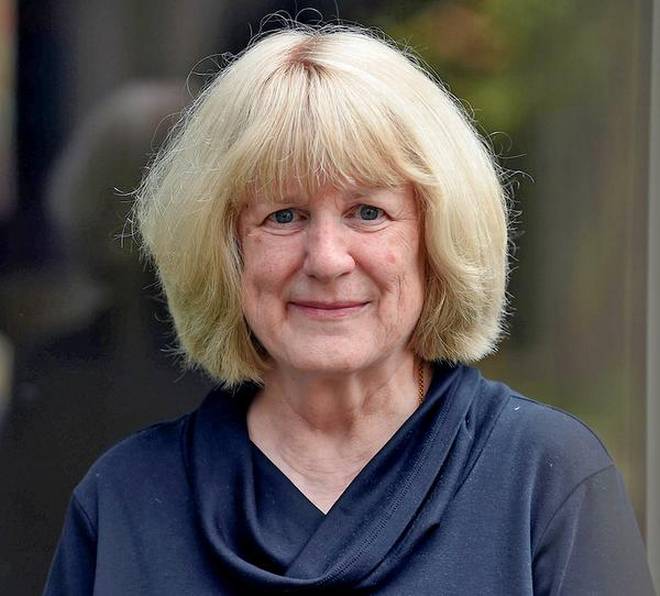On the need for genetic testing regardless of family history.

BRCA was dubbed the "Angelina Jolie gene" after the actress decided to have a mastectomy after learning she had an 87% risk of developing breast cancer.
Medicine in today's environment is increasingly focused on patient-centered treatment, i.e., personalization - an individualized approach to each person. The medicine of the future will focus not on treating disease in general, but on the individual patient in particular. Genetic medicine has also shifted from "protecting" patients from receiving genetic information to providing patients with knowledge and information that can improve their preventive care in the long run.  So, Mary-Claire King, American medical geneticist, professor at the University of Washington, recipient of the U.S. National Medal of Science (2015) and several other highly prestigious international awards, known for identifying the link between genes BRCA1 and BRCA2 with breast and ovarian cancer, has clearly expressed her opinion about it in the professional press.
So, Mary-Claire King, American medical geneticist, professor at the University of Washington, recipient of the U.S. National Medal of Science (2015) and several other highly prestigious international awards, known for identifying the link between genes BRCA1 and BRCA2 with breast and ovarian cancer, has clearly expressed her opinion about it in the professional press.
A world-renowned geneticist proposes population-based screening for unambiguously damaging mutations in BRCA1 and BRCA2 for all women in their late 30s. She advocates "moving from testing only women from families affected by the disease to testing women regardless of family history of breast or ovarian cancer, then so that they can take preventive measures if a mutation is present." According to M.C. King, "women do not benefit from a position by doctors that 'protects' them from information about their own health. They should have the choice to find out if they carry a valid mutation in BRCA1 or BRCA2.
A recent study co-authored by Dr. King in Israel confirmed the experience of her previous family studies: in 50% of cases, women with mutations in these genes had no family history of the disease. This is because women may have inherited mutations of these genes from their fathers, who were not affected by the disease but were carriers. "To identify a woman as a carrier only after she develops cancer is a failure in cancer prevention," she believes. Although this view is not generally accepted in the medical community, proponents of BRCA screening exemplify the growing acceptance of genetic testing as a preventive measure.
SIMPLE STATISTICS.
Population screening would reveal a BRCA1 or BRCA2 mutation, damaging about one in 300 women.

A study in Britain calculated the cost-effectiveness of screening for breast cancer predisposition. It would reduce the incidence of ovarian and breast cancer by 34% and 62%, respectively, and reduce treatment costs in Britain by £3.7 million ($5 to $6 million).
LITERATURE
- Saukko PM, Ellard S, Richards SH, Shepherd MH, Campbell JL. Patients' understanding of genetic susceptibility testing in mainstream medicine: a qualitative study on thrombophilia. BMC Health Serv Res. 2007 Jun 12; 7():82.
- Helwick C. Dr. Mary-Claire King Proposes Population Screening in All Young Women for BRCA Mutations. 2015/ Available online:http://www.ascopost.com/issues/february-10-2015/dr-mary-claire-king-proposes-population-screening-in-all-young-women-for-brca-mutations/
- King M.C., Levy-Lahad E., Lahad A. Population-based screening for BRCA1 and JAMA. 2014;312:1091-1092. doi: 10.1001/jama.2014.12483.
- Palomaki G.E.. Is it time for BRCA1/2 mutation screening in the general adult population?: Impact of population characteristics. Med. 2015;17:24. doi: 10.1038/gim.2014.167.
- Gabai-Kapara E, Lahad A, Kaufman B, et al: Population-based screening for breast and ovarian cancer risk due to BRCA1 and BRCA2. Natl .Acad Sci U S A 111:14205-14210, 2014.
- Manchanda R, Legood R, Burnell M, et al: Cost-effectiveness of population screening for BRCA mutations in Ashkenazi Jewish women compared with family history-based testing. Natl. Cancer Inst 107:380, 2014.








